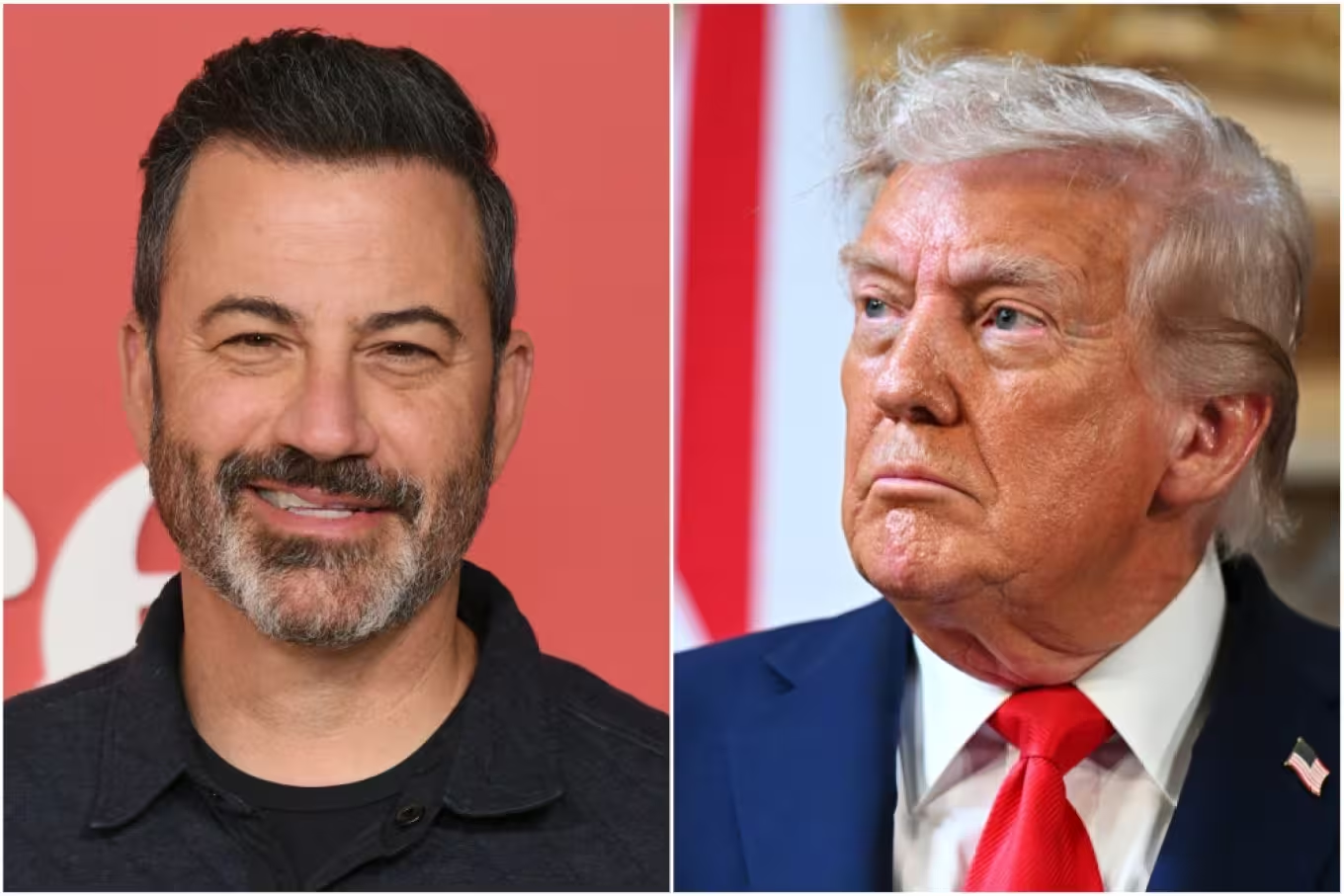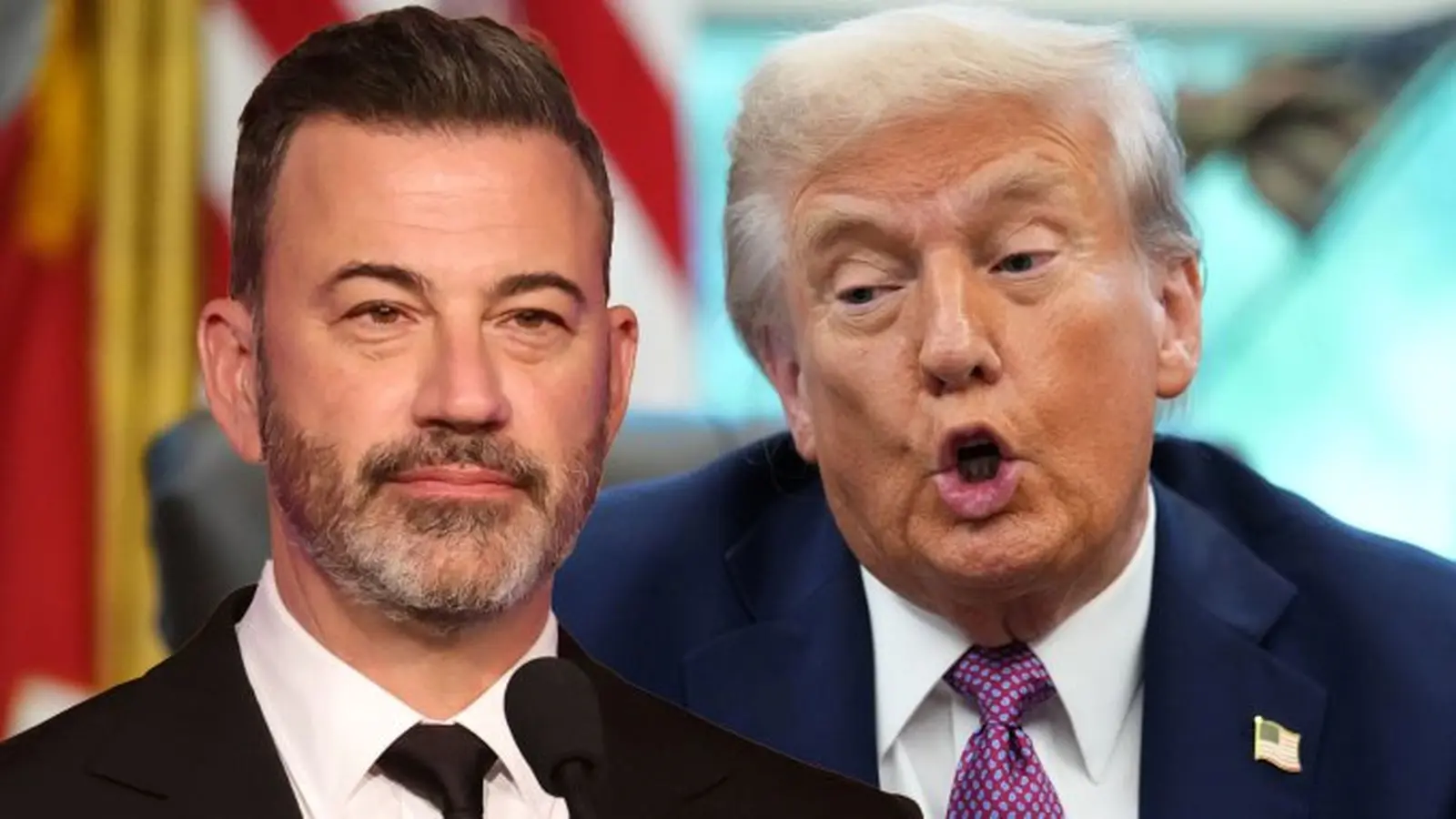3 Minutes
Late-night drama spills into politics
Donald Trump reignited a firestorm this week by publicly criticizing ABC’s decision to bring Jimmy Kimmel’s late-night show back to the schedule. The exchange—part media skirmish, part policy quarrel—reopened debate about the fragile line between network programming, political pressure, and regulatory oversight.
ABC had briefly taken Kimmel’s show off the air after a controversial round of criticism from Trump and a warning from FCC leadership. The network later restored the program, but not before the move drew strong reactions from a wide spectrum: former executives and presidents warned about chilling effects on free expression, while others applauded the network’s earlier caution as sound business practice.
What this means for late-night TV and media law
This is more than celebrity squabbling. Historically, late-night hosts have been given wide latitude to satirize and challenge politicians—think Johnny Carson, David Letterman, or Jon Stewart—without being treated as campaign actors. That longstanding separation is rooted in campaign finance law and FCC rules that generally exclude news and entertainment programming from being counted as in-kind political contributions.
Legal precedent, including high-profile rulings like the Citizens United decision, has broadened protections around political speech and media. Still, the current standoff highlights an evolving tension: FCC officials warning affiliates, corporate owners balancing advertiser and shareholder concerns, and viewers who increasingly treat late-night as political as much as comedic.

Industry perspective and cultural context
For the entertainment industry, the story is a case study in how rapidly television programming decisions can become politicized. Networks must weigh ratings, public backlash, and potential regulatory scrutiny. Fans of late-night often see hosts as cultural barometers—when one is pulled or targeted, it signals a shift in how companies manage controversy.
Behind the scenes, insiders say these decisions often come down to affiliate pressure, advertiser sensitivity, and executive risk tolerance rather than any single legal endpoint. Critics argue that using regulatory threats to influence editorial choices could create a precedent harmful to creative and journalistic voices.
Whether you follow late-night for laughs or political commentary, the ABC–Kimmel episode is a reminder that television remains a battleground where culture, commerce, and civic debate intersect.
In short: this is about more than one host. It’s a test of where media freedoms meet the realities of corporate governance and political power.
Source: deadline


Leave a Comment